Shackled
Why the Internet needs to be freed
June 3, 2019. 2:30 a.m. Alaa Salah, a Sudanese pro-democracy protester, had just arrived at home. She was just one of many people spending their days and nights camped outside of the military government’s headquarters, fighting for a civilian takeover. She began receiving frantic texts from people saying that soldiers were approaching the site where many of the protesters were sleeping. Then, the Internet cut out.
The connection came back several hours later, but by then, it was too late. Sudan woke up to the news that 128 people were brutally murdered by their own military. For the protesters in Sudan, the Internet is typically the only remaining form of accurate information in the country. Sudan is known for its state-controlled media and press, happy to turn a blind eye to suffering caused by the military government. But, in the case of that night, the government shut down the internet channel that could have warned of an attack, possibly saving hundreds.
Whether long-lost relatives or entire networks of protesters, the Internet has connected the world in a revolutionary way. Recently, the Internet has been under attack from both free and controlled governments, media platforms, cable networks, and concerned citizens. But especially with all of the recent hindrances on the internet, like cutting out Sudan’s internet or net neutrality, the Internet needs to remain unobstructed, unregulated, and uncensored: the Internet cannot thrive with outside interference.
 To understand the Internet and its use, you need to understand net neutrality. Net neutrality is a concept created during the Obama Administration which forced cable companies to treat all data the same. For instance, cable companies like Spectrum, AT&T, and Comcast/Xfinity are required to give you data from large and small websites alike at the same speed. Everything on the Internet being transferred on their cables has to be given the same importance.
To understand the Internet and its use, you need to understand net neutrality. Net neutrality is a concept created during the Obama Administration which forced cable companies to treat all data the same. For instance, cable companies like Spectrum, AT&T, and Comcast/Xfinity are required to give you data from large and small websites alike at the same speed. Everything on the Internet being transferred on their cables has to be given the same importance.
While the Internet in the United States has thrived under the neutrality rules, these same rules have been targeted by the new Trump Administration Federal Communications Commission (FCC). The FCC and its new chairman, Ajit Pai, have fought hard to repeal the rules on the Internet. Pai, a former lawyer for Verizon, has taken a chainsaw to net neutrality, calling its repeal “the return of internet freedom.” While Pai may call this “freedom,” he leaves out the part where cable companies force small websites into slow internet while making larger companies pay up for better service. David Callicot, a small candle business owner who sells products on his website e-commerce store, said to the New York Times, “Things are already difficult enough for a small business. You’re busy enough just keeping your company running, trying to grow and succeed or just stay alive, that you don’t have the resources or the time to contemplate how to prepare for something like this.” The public supports net neutrality rules as well. According to The Hill, 99.3% of public comments to the FCC have been about supporting net neutrality and 4 in 5 Americans support net neutrality rules.
This shows that public support for the Internet is overwhelming, as it can connect people from across the globe, or help protesters organize and topple oppressive leadership, like in Sudan. The Internet boom of the recent era has created even more opportunities for people to organize and protest against oppression in authoritarian regimes.
One of the best examples of this is the Arab Spring Uprisings. For decades, Arabia and surrounding regions in the Middle East were controlled by dictators and authoritarians. So, when citizens had enough of the oppression, they used the Internet. The Internet was a key reason that the Arab Spring Uprisings were a huge success. The media was controlled by the state, so many protesters took action into their own hands by posting on social media about the Uprising. Twitter was very effective at this. When the protests started trending on Twitter, young people took notice and joined their peers in the streets, and there was nothing the oppressive regimes could have done about it. By using social media platforms, the uprisers were able to organize swiftly and the forces were unsuccessful in stopping them.
Government censorship of the Internet does not only come in hard forms, like cutting out the Internet entirely in Sudan, but it comes is soft forms in places like China. There, the Communist Party employs thousands of censors and blocks criticisms of President Xi Jinping and his party. They have even temporarily blocked references to Winnie-the-Pooh due to an apparent resemblance between Pooh and Xi Jinping. China and similar nations use armies of government-employed censors, acting as little scissors and cutting out the parts of the Internet that they do not like, and only leaving the parts that they do.
When it comes to the Uyghurs in Western China, the Communist Party directly monitors every chat between a Uyghur to another and if they become even somewhat critical to Chinese rule, they will ship that person off to a “re-education camp” which are known to have prison-like conditions and have been called concentration camps by human rights advocates and the United States government, according to the Guardian.
The United States is also not innocent in terms of government Internet intervention. Since the 9/11 terrorist attacks and the passing of the Patriot Act, the Federal government has become increasingly involved in Internet surveillance. This is a huge violation of privacy for Americans who have been forced to take extreme measures to protect their privacy online, including using end-to-end encrypted chat for communications, using proxies & Virtual Private Networks (VPN), and blocking trackers. According to Statista, 18 percent of North Americans have used a VPN in one month, and that number jumps to 30 percent in the Asia Pacific region. VPNs re-route your data to a different server or place outside of the country your in, and then going to the website requested. This bypasses government censors by making it look like the data is just coming from a random VPN server, when really it’s coming from the restricted website that was requested.
The wide power of governments around the world to control the Internet should be concerning to people globally. Whether shutting down the Internet to trap protesters or pulling critical content off of the Internet, acts of internet interference are threats to internet freedom. The internet is a tool for so many to connect will all across the globe. This will be haltered if the internet is slowed for small websites and quickened for large websites, and if governments are allowed to block and censor parts of the internet that they do not like. The internet wants to be freed, why can’t it happen?

Kyle Berlage joined The Tower as a freshman in 2018. Was he a terror then? Yes, but so were others on staff. After all, if all your friends jump off a...


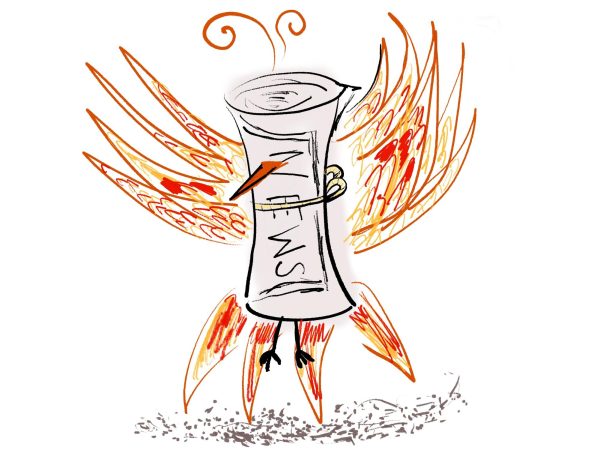
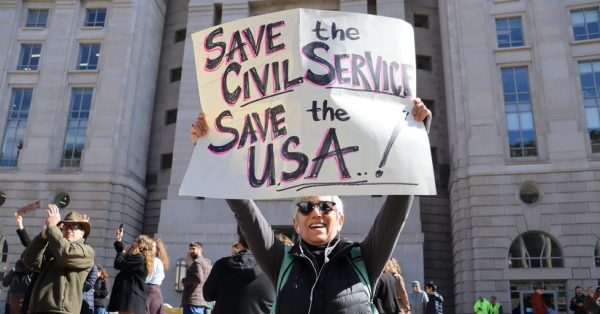
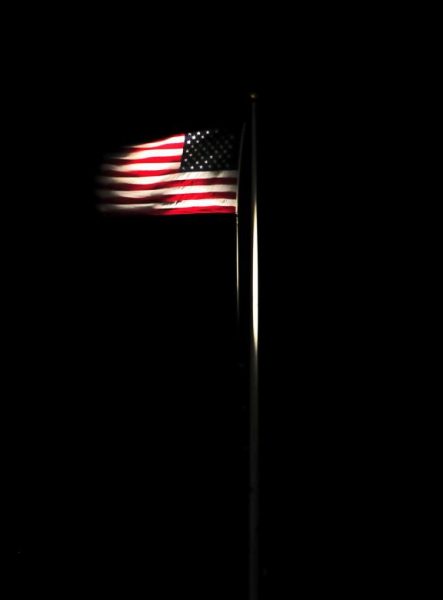
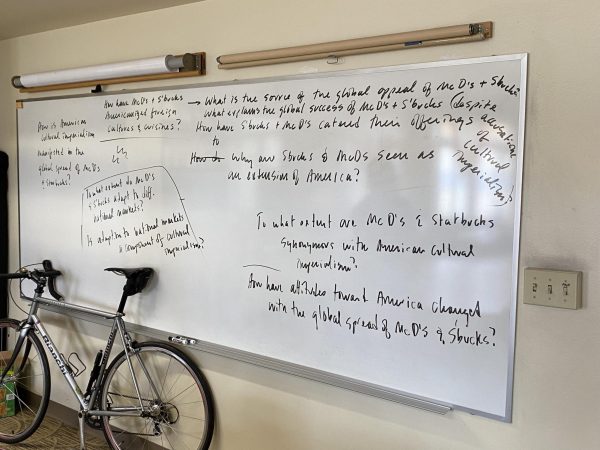
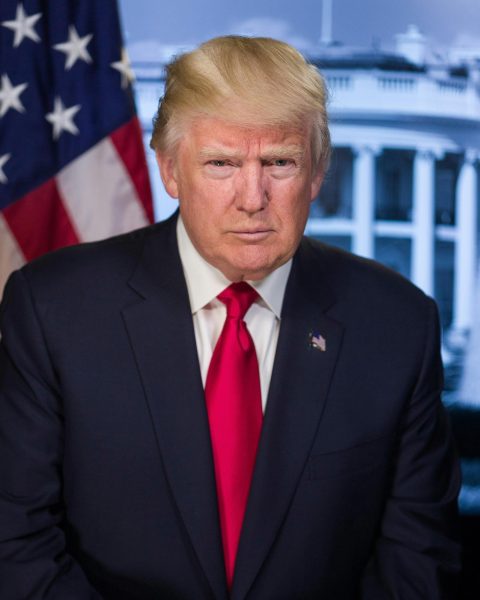
Carly Phoon • Oct 8, 2019 at 2:20 PM
very cool, kyle!
kyle berlage • Oct 4, 2019 at 9:00 PM
omg love to an unhealthy extent
alex cotton • Oct 3, 2019 at 10:33 AM
awesome-sauce